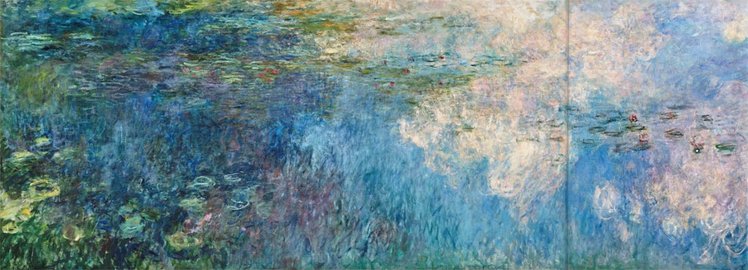Conoscersi e conoscere per prevenire l'integralismo e il razzismo
Insegnare l’antropologia culturale a scuola: è la proposta fatta alle istituzioni europee dai rappresentanti delle associazioni antropologiche AISEA e ANUAC. Conoscere e conoscersi è un modo concreto per cercare di prevenire e sconfiggere l’integralismo, la violenza e il razzismo. Mettiamo a disposizione l'appello delle due associazioni.

Alla quattordicesima Conferenza biennale dell'EASA, European Association of Social Anthropologists, congiuntamente AISEA e ANUAC hanno proposto e realizzato una tavola rotonda sull'insegnamento dell'antropologia nelle scuole d'Europa . A conclusione dei lavori è stato approvato un documento che sottolinea come, a fronte di una scuola e di una società sempre più multiculturali, e che sempre più lo diverranno, il dialogo interculturale non può essere lasciato a margine delle attività formative e dell'educazione, pena il presente e il futuro delle nuove generazioni. Per questo le istituzioni europee sono invitate a dare maggiore omogeneità e maggior sostegno all'insegnamento dell'antropologia culturale in ogni livello scolastico: conoscere e conoscersi è un modo concreto per cercare di prevenire e sconfiggere l’integralismo, la violenza e il razzismo. Riportiamo qui di seguito il testo originale dell'appello.
Anthropologists, who have the study of cultural difference and the appreciation of different forms of life, world views and religions at the real core of their discipline, strongly support the need to promote a widespread education, from the elementary level of teaching, so that young people could be trained to understand the socio-cultural nature of any belonging and, at the same time, the cultural dynamics that can produce discrimination and racism.
European schools will be increasingly multicultural; European societies will be increasingly marked by a strong cultural diversity, in terms of ways of life, choices and values. Within this frame, it is extremely important that young people learn that intercultural dialogue is a prerequisite for an inclusive society and one in which the rights of citizenship would be strong. Intercultural dialogue is an imperative for our future, and not only for students born in Europe by European parents, but also for young migrants of second or third generation who often react negatively to the impact with the host (and often hostile) society. “Essentialized” identities and a sort of uncritical idealization of pure “roots” and origins are the result of this negative impact and could produce fundamentalisms and racisms. The correct ways for facing cultural diversity only comes from anthropology.
The teaching of anthropology in primary and secondary schools in Europe is not homogeneous: it is present only in some courses, sometimes proposed as an optional course, in other cases it depends entirely on the sensitivity of individual teachers. This, of course, does not allow for a solid lasting training. In many cases, teachers are not trained to teach anthropology. For all these reasons, we ask EU institutions to take on any useful initiatives to improve and sustain anthropological teaching at any level. Of course we declares our availability for any forms of consultation and collaboration that will be requested and useful to this end.